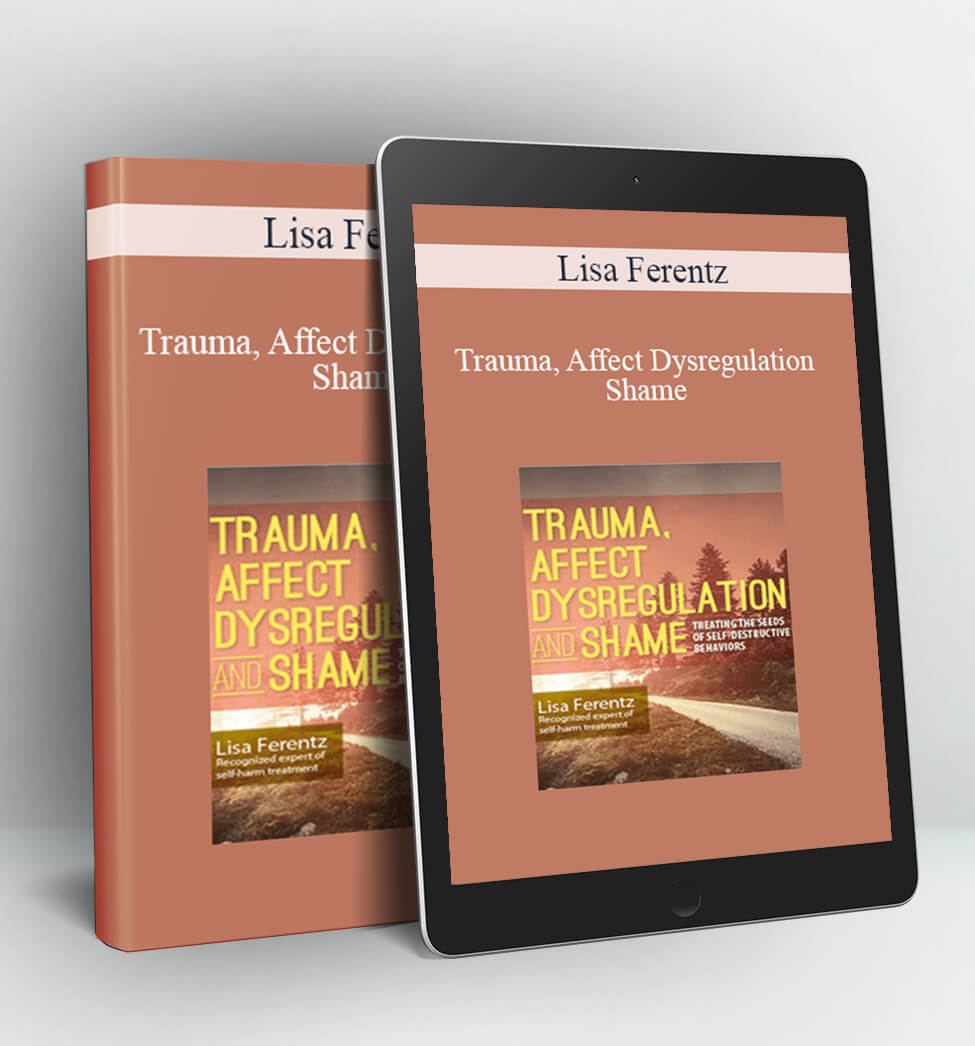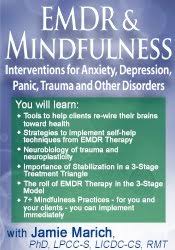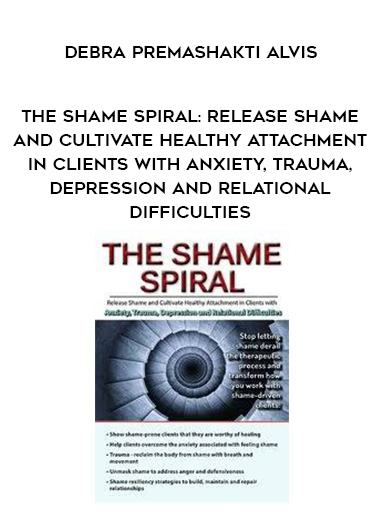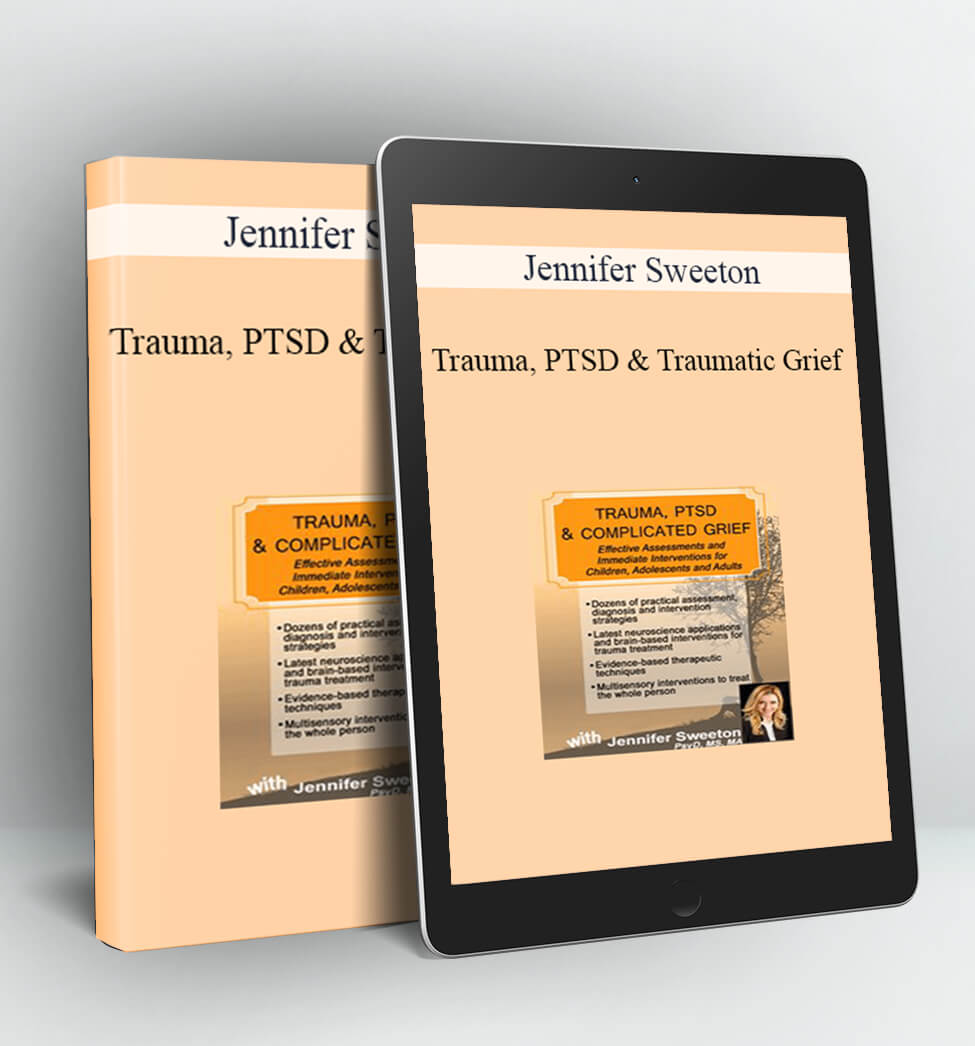
Trauma, Affect Dysregulation and Shame – Lisa Ferentz
- Faculty:
- Lisa Ferentz
- Duration:
- 5 Hours 58 Minutes
- Format:
- Audio and Video
- Copyright:
- Dec 01, 2016
Description
If you believe that most clients who engage in self-destructive behaviors have Borderline Personality Disorder, you may be missing the fact that they have pain and trauma narratives – and you are not approaching treatment in the best way to create healing.
If you think that the choice to cut as opposed to burn – to starve as opposed to binge – is arbitrary, it isn’t. You need to help clients re-frame their behaviors as the inevitable byproducts of affect dysregulation and shame, and help them embrace new ways of addressing them in therapy.
Join international trauma expert and author, Lisa Ferentz, LCSW, for her much praised, experiential seminar and start altering your practice in treating trauma, shame and self-destructive behaviors.
Lisa will give you her proven approach that incorporates psycho-education that teaches your client new coping strategies that help them:
- Reduce their shame and self-blame narratives
- Self-soothe and re-claim their affect regulation skills
- Short-circuit overwhelming thoughts and feelings
Experience one of the top-selling continuing education seminars available on trauma and shame.
Handouts
| Manual (2.05 MB) | 37 Pages | Available after Purchase |
Outline
The Connection: Attachment and Affect Regulation
- The four attachment styles and their impact on child development
- The challenge of attaching to unavailable or abusive caretakers
- The connection between trauma, attachment, and the self-narrative of shame
- Living in a state of affect dysregulation and the impact of hypo- and hyper-arousal
- Exploring the dynamics of attachment and affect regulation through videos
Working from a Strengths-Based Perspective
- Advantages to de-pathologizing destructive behaviors
- The impact this paradigm has on the therapeutic relationship
Trauma Re-Enactment
- Meta-communication of self-harm
- “Telling” without talking
- Why acts of self-harm are not arbitrary
- Why your clients hurt themselves
Breaking the Cycle of Self-Destructive Behaviors
- What sets the behavior in motion
- Why it escalates
- What reinforces it
Extinguish Self-Destructive Acts: Creative Interventions
- The connection between trauma, attachment, and the self-narrative of shame
- The “management” of self-harming behavior
- Journaling to understand triggers
- Re-framing cognitive distortions
- Using guided imagery for untenable thoughts and feelings
- Safe place imagery and containment
- The power of incorporating breath work
- Using the body for somatic resourcing and grounding
- Short-circuiting flashbacks and dissociation
Why Standard Safety Contracts Don’t Work and What to Do Instead
- Incorporating CARESS – a unique proven approach
- Eliminating the power struggles in treatment
- Processing clients’ artwork
Faculty

Lisa Ferentz, LCSW-C, DAPA Related seminars and products: 12
The Ferentz Institute
Lisa Ferentz, LCSW-C, DAPA, is a recognized expert in the strengths-based, de-pathologized treatment of trauma and has been in private practice for over 35 years. She presents workshops and keynote addresses nationally and internationally, and is a clinical consultant to practitioners and mental health agencies in the United States, Canada, the UK, and Ireland.
She has been an adjunct faculty member at several universities, and is the founder of “The Ferentz Institute,” now in its 12th year of providing continuing education to mental health professionals and graduating over 1,600 clinicians from her two certificate programs in Advanced Trauma Treatment.
In 2009 she was voted the “Social Worker of Year” by the Maryland Society for Clinical Social Work. Lisa is the author of Treating Self-Destructive Behaviors in Trauma Survivors: A Clinician’s Guide, 2nd Edition (Routledge, 2014), Letting Go of Self-Destructive Behaviors: A Workbook of Hope and Healing (Routledge, 2014), and Finding Your Ruby Slippers: Transformative Life Lessons From the Therapist’s Couch (PESI, 2017). Lisa also hosted a weekly radio talk show, writes blogs and articles for websites on self-harm and self-care, and teaches on many webinars.
Speaker Disclosures:
Financial: Lisa Ferentz is in private practice. She receives a speaking honorarium from PESI, Inc.
Non-financial: Lisa Ferentz is a member of the National Association of Social Workers; and the American Psychotherapy Association.
Access Download Trauma, Affect Dysregulation and Shame – Lisa Ferentz right now!
Delivery Method:
After your purchase, you’ll get access to the downloads page. Here, you can download all the files associated with your order.
Downloads are available once your payment is confirmed, we’ll also send you a download notification email separate from any transaction notification emails you receive from Coursedownloads.










